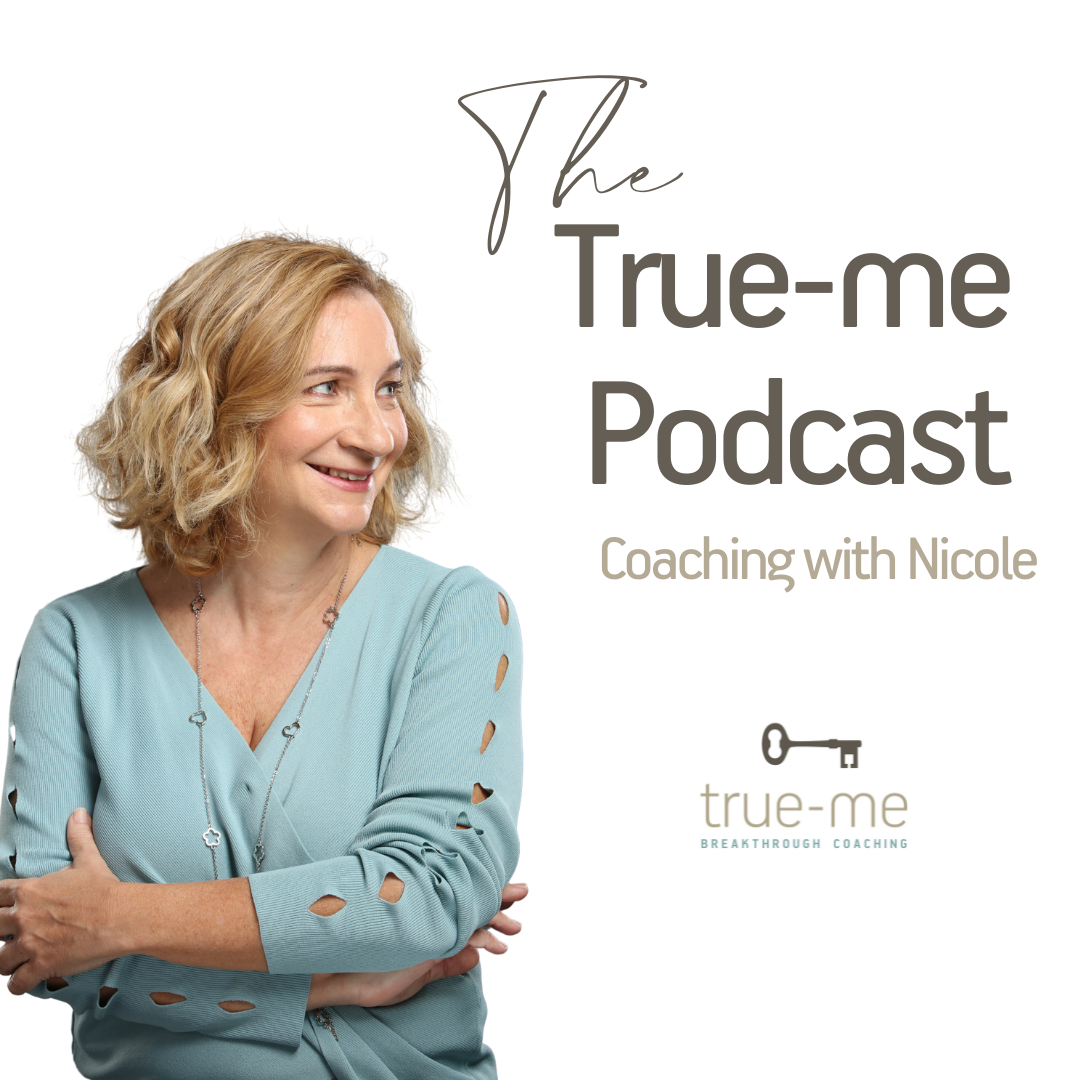By Vagelis Tasopoulos
The COVID-19 epidemic, self-isolation, the lock down situation of the society, and of course, the overwhelming conflicting media reports regarding how bad things could get before they get better can devastate the emotional state of many, especially those with existing anxiety.
But where can we turn when we realize that we cannot control the external situations that affect our life? As much as we try to control the sudden, the unexpected and the upheavals in our lives, we continue to fall into the trap of a vicious circle of repetitive negative thoughts that look like a dead end. What is definitely within our reach is the way we respond to life’s setbacks. And a very effective strategy in such moments is to look at our lives through the prism of gratitude, focusing on what fills us with strength to continue. And beware we are not talking about compromise, nor about complacency. Gratitude has the power to offer us relief, clarity and perspective, transforming our emotional “landscape”. Even momentarily. Because one moment is enough to choose a more productive way of acting in the face of life’s difficulties.
What is Gratitude? Gratitude is our emotion that relates to our ability to feel and express thankfulness and appreciation for our current state of being. In the sacred space of Here and Now. The only reality that there is… Studies have shown that cultivating our positive aspects fortifies us during times of adversity and leads to greater happiness and resilience. Moreover, gratitude is most strongly associated with mental health. Gratitude improves mental, physical and relational well-being.
Where do we start from? Self – compassion is the cornerstone of gratitude. In order to be able to appreciate what we have and who we are, we first need to feel compassion and appreciation about ourselves. So, ask yourselves: Do you show the same compassion for ourselves when we are in pain as we show to our friends? We know that negative thoughts weaken us. By fighting with our own aching self, we offer it anything but what it needs at that moment.
Negative emotions increase, we feel stress as we try to become something we are not. Therefore, we will not be able to satisfy our “demanding” self at such a time.
When we complain, we train our brains to focus on the negative, which then predisposes us to see more negative coming into our lives. Complaining also releases the stress hormone cortisol, which has a whole cascade of harmful effects on our health.
“When you focus on what you don’t have or on situations that displease you, your mind also becomes darkened. Whatever we do repetitively, whether that’s biting our nails or making time to exercise, becomes a habit. Complaining is the same. Research shows that our thoughts have the power to shape our brains. The more conscious we are about perceiving an experience as being positive the more this perception will generalize to other parts of the brain.
Why do we mostly focus on miseries in our lives? As I just said, we train our brains to think negatively, we train our brains to think that way and we actually get into the autopilot of disempowering thoughts.
We get hardwired to think and act that way. The reason why we select to focus on negative thoughts has mostly to do with our beliefs. Moreover, we should remember where it all started:
The capacity to emphasize the negative rather than the positive has probably been an evolutionary phenomenon. From our earliest beginnings, being aware of and avoiding danger has been a critical survival skill. And this is how we trained our brain, our amygdala to release cortisol. Cortisol is a chemical in your brain that tends to flow more freely and spurs negative thoughts. Your brain loves cortisol.
Known as an alarm system, your brain releases the chemical cortisol as a way to warn you about an imminent danger, and, let’s be honest, that’s pretty helpful at times. The problem for a lot of us is that we develop a pattern of negativity because our brains prefer that pattern. There is almost always a positive thought you can muster in any given situation. (If the environment is so toxic, you’re finding that to be impossible, it’s time to find a different environment.) Positive thoughts are harder. They take more work. You have to develop new patterns and new ways of thinking. Cortisol is always there, fighting back.
“The alarm bell of your brain — the amygdala (you’ve got two of these little almond-shaped regions, one on either side of your head) — uses about two-thirds of its neurons to look for bad news: it’s primed to go negative,” writes Dr, Hanson, psychologist and neuroscientist. “Once it sounds the alarm, negative events and experiences get quickly stored in memory — in contrast to positive events and experiences, which usually need to be held in awareness for a dozen or more seconds to transfer from short-term memory buffers to long-term storage. Try the bounce principle. It’s something I’ve been doing for many years now, and it’s so useful. Yet bouncing away negative thoughts is a brilliant strategy. It means when that easy-flowing cortisol makes you think negatively, you “bounce” the dark cloud away and think a positive thought instead.
Gratitude and the Universal Law of Attraction. Moreover, Quantum Physics and Quantum Mechanics have made significant discoveries over the years. All things—visible and invisible—when divided into their most basic forms, their basic subatomic structures, are nothing but energy. An energy that has its own vibration and frequency. As this energy is emitted to the environment—the Universe—it attracts energies of similar frequency or vibration.
These measurable energy frequencies or vibrations are constantly being projected on the environment in exchange for energies of similar frequencies or resonance. These energies are expressed in the physical world in the form of thoughts, emotions, and situations that we attract into our lives. When the thought is of a positive nature, it affects the quality of your personal frequency and generates positive emotions. Likewise, a negative thought evokes negative feelings. Much like a radio’s signal, the frequency of your vibration is then transmitted to the universe. The universe, in turn, responds by attraction: by sending us people, situations and experiences that are aligned with the specific frequency. In other words, the energy that we emit—based on what we think and feel—is the phenomenon that creates the events and situations that arise daily in our experiences. So, if we wish to attract and live a positive life, we need to vibrate in the frequency of what we wish to manifest – to be the frequency of what we wish to manifest. In that sense gratitude for everything we have is equal to the feeling of happiness and abundance and guess what… abundance and happiness attract abundance and happiness. It is the way to become a conscious creator and attract more of what we want in our lives. Ιn terms of energy and vibration, the frequencies of Gratitude and appreciation are two of the most powerful emotions you can have, and they are also the highest energy frequency there is.
What happens when we tune into Gratitude? In a way, Gratitude IS happiness. It doesn’t mean that you don’t want more from life than what you currently have, rather, you’re focusing on your blessings in life and thus aligning yourself with the energy of abundance and blessings. Gratitude aligns you with the right energy, the energy that you really want to live and operate in (the flow of Life). It’s up to us what we focus on in life, what activities we choose to engage in, and where we put our energy and attention.
Next time we will look at some practical ways of daily connection with the energy of gratitude and we will broaden our horizons by examining its spiritual dimension.



